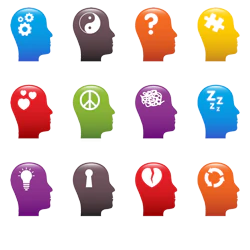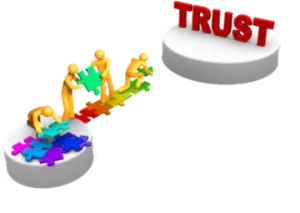Emotional intelligence describes the ability to understand one’s own feelings. It also provides great insight on how emotion influences motivation and behavior. The concepts of Emotional Intelligence have been around since the early 20th century, but the term was first introduced by Wayne Payne in 1985.
With our Emotional Intelligence workshop your participants will gain a better understanding of self-management and self-awareness. This in turn will give them better insight and control over their actions and emotions. With a greater understanding of emotions your participants will experience a positive impact on their professional and personal lives.
EVERYTHING YOU NEED TO TEACH A ONE-DAY WORKSHOP FOR EMOTIONAL INTELLIGENCE:
|
|
|
|
|
|
|
|
EMOTIONAL INTELLIGENCE COURSE OUTLINE:
Module One: Getting Started
|
Module Seven: Tools to Regulate Your Emotions
|










